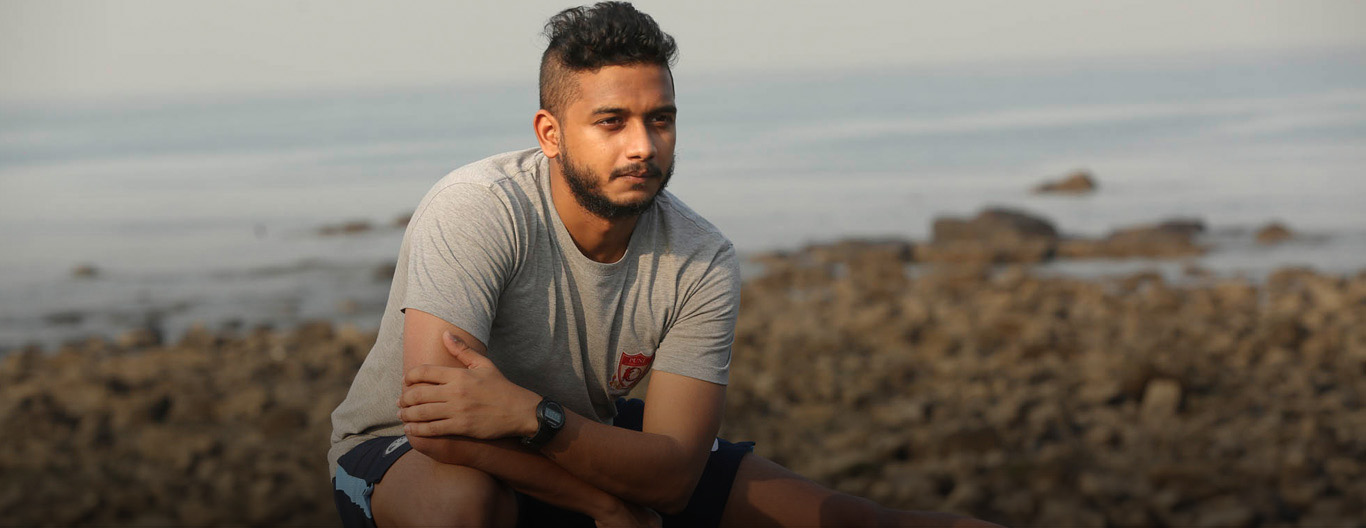I was just another medical student rushing through classes to keep myself in the rat race of life until I started coughing and everything changed. Despite all efforts, the cough, fever and chest pain did not wear off. In no time, I had lost appetite and a lot of weight. From a healthy and fit man, I became a patient.
Within a few days, I was diagnosed as a primary TB patient. One of my lungs was halfway filled with fluid and had to be drained. In a few months, I started getting high fever again, and lost more weight despite my ongoing primary medication. I was down to 49kgs from 66kgs, and could barely move around. This was the beginning of my struggles. Another round of diagnostics landed me with a diagnosis of borderline Extensively Drug Resistant TB (XDR)- a severe form of MDR -TB with a death rate of 90%. I was resistant to a lot of drugs, and had to be put on a completely different treatment with injectables and 20 tablets a day. Severe side effects included partial blindness, reduced hearing, hypothyroidism and other systemic involvements. The treatment lasted for 2 years. I decided I wasn’t going to let TB defeat me. I began to work from home. I followed it up by getting out of the house, and involving myself in the active world. I took my medicines in bathrooms so no one could know. Because of the stigma, I refused to show that I was weak or unwell and suffered the side effects in silence.
In Jan 2016, I ran a short 10km Marathon while I was still on medicines. This was when I openly spoke about being a TB survivor because I knew millions like me needed to hear from me. To raise the stakes for myself, I decided to do a 20,000 feet trek, when I finished treatment and survived TB. My family and a few friends supported me in my struggle against TB.
I got together with a group of TB survivors- Survivors Against TB- to think through the change we need to bring, to help the TB affected. We realized the problems that most patients face start with lack of awareness and family support, misdiagnosis, expensive treatment, poor nutrition, and no counselling. People need to be empowered with information and awareness. Free and accurate diagnosis must be made available for everyone irrespective of where they seek care. Every person diagnosed with TB must be tested for drug resistance. Free treatment whether in public or private sector should be the right of every person.
Most importantly, patients and families need counselling, they need nutritional and economic support. TB disproportionately affects the poor. The public and private sectors need to work together to defeat TB. Just medicines are not enough - patients need hope, acceptance, and support. Those at risk need to be safeguarded. Of course, none of this is easily done but defeating TB will need to start now.
